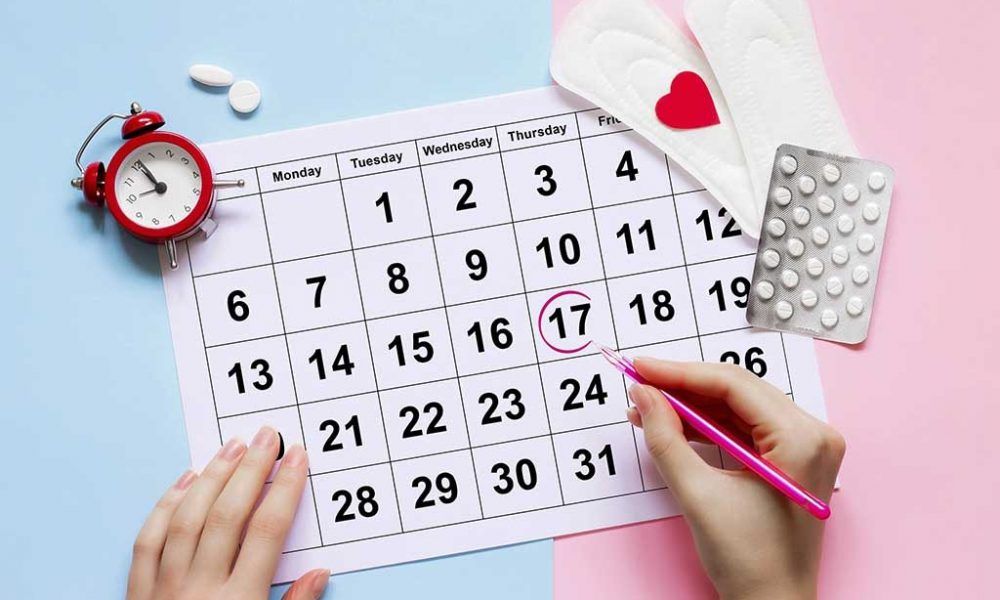Fertile days are the moments in the menstrual cycle where there is a greater chance of pregnancy, that is, when the woman’s body is conducive.
Getting ready to expand your family? Or wondering how to prevent pregnancy? However, regardless of what you need, knowing what your fertile days are is essential for every woman. In fact, knowing the body and its phases better makes everything easier.
Typically, fertile days occur within a period of six days, which are the days of ovulation, or 14 days before menstruation. Therefore, to have a better chance of getting pregnant, or avoiding pregnancy, it is essential to know what these six days are in your cycle.
There are several signs and ways to identify fertile days, however, each woman is unique, some may have these symptoms and others may not. This directly influences the chances of having a pregnancy. Therefore, we have separated all the possible signs and symptoms, as well as methods that can be used to help you identify your fertile period.
What are fertile days?
Fertile days are the process that occurs during ovulation, the period of the menstrual cycle where a woman can become pregnant. This episode eventually happens 12 to 16 days before the start of menstruation, when hormonal changes trigger an ovary and release an egg.
Signs of the fertile period
Anyone who is a woman knows that when menstruation is approaching, everything changes, such as mood and the functioning of the body. During fertile days it is no different. Women go through several symptoms, so for this reason, we have listed below everything you need to know to identify whether or not you are ovulating.
1. Increased body temperature
During the fertile period, a woman’s basal temperature increases by approximately half a degree. Therefore, to identify whether your temperature is above normal, you will only need to use a thermometer.
Professionals indicate that, every day, before getting up, women who want pregnancy should measure their body temperature by placing the thermometer under their tongue. Therefore, the ideal is to do this process in the morning when you wake up, from the first day of the menstrual cycle.
2. Increased LH hormone
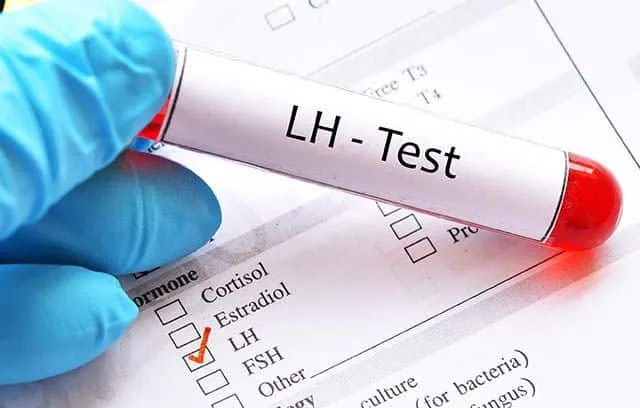
Just like the high temperature, another factor that happens when a woman is fertile is the increase in estrogen hormones, responsible for causing the lining of the uterus and creating a perfect environment to receive sperm. This increase consequently raises the level of luteinizing hormone (LH) in the body.
The LH surge is what causes the release of the mature egg from the ovary. In fact, this process is what we call Ovulation. Ovulation normally happens between 24 and 48 hours after the LH surge in the body.
3. Abdominal Pain
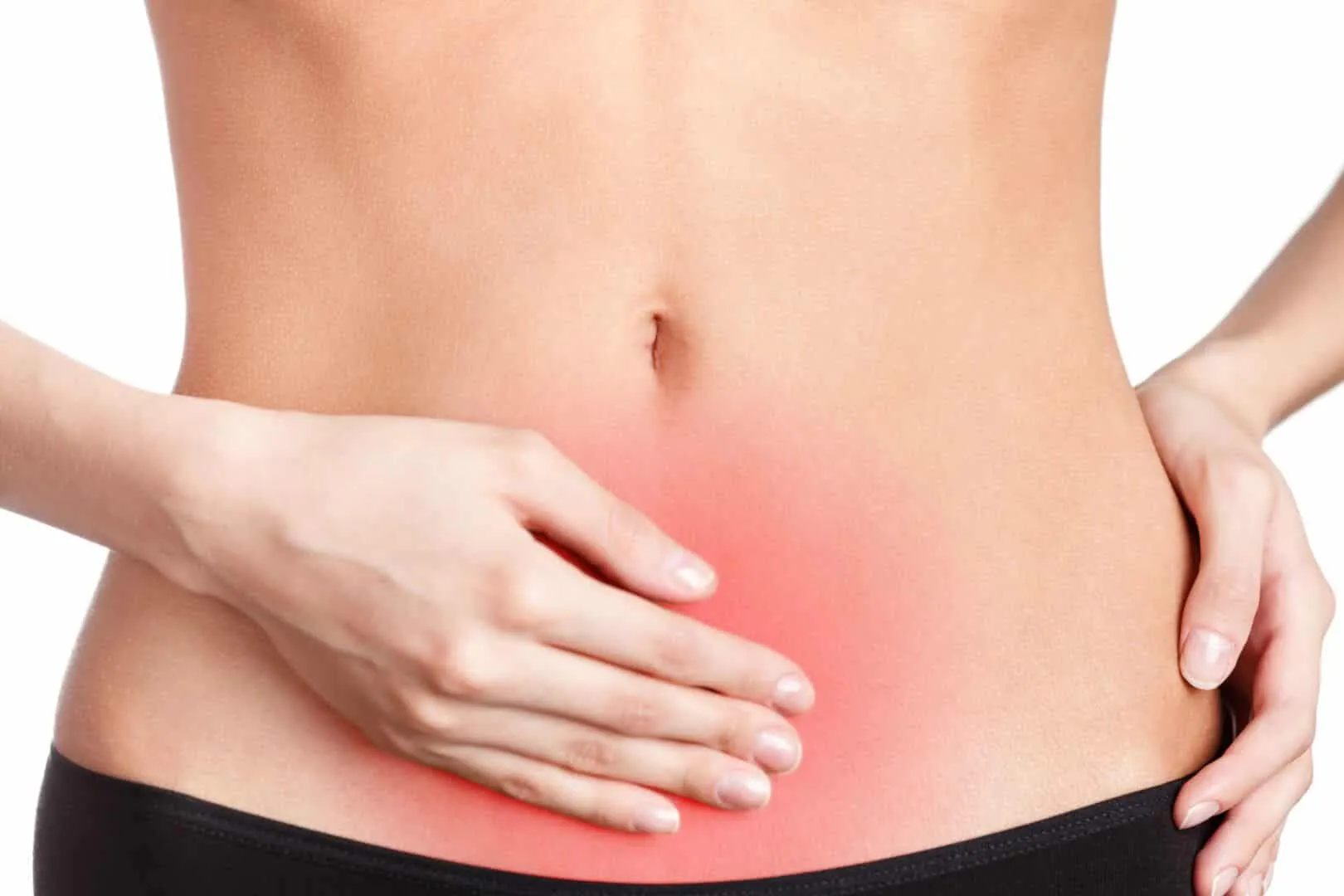
Unlike menstrual cramps, abdominal pain during the fertile period is not very severe.
The discomfort occurs due to the disruption of the structure that surrounds the egg inside the ovary. Therefore, be aware of possible twinges in the pelvic region, after all, they could be a sign that you are ovulating.
4. Vaginal discharge

Vaginal secretions similar to egg whites, elastic and without strong odors, are a sign of the fertile period. This secretion is responsible for facilitating the arrival of sperm to the egg. It is common for secretions to occur throughout the menstrual cycle, becoming stronger during ovulation, and stopping after the end.
However, if this secretion is constant and has a strong odor, be careful, as it could be signs of vaginal candidiasis. Find out more: What is candidiasis? Symptoms, types and how to treat.
5. Increased Libido
During ovulation, female sexual desires increase. After all, the body prepares to receive sperm and contributes to sexual intercourse.
In addition, there is also an increase in the production of pheromones, substances that are exhaled by the female body, to attract and excite men.
6. Changes in saliva
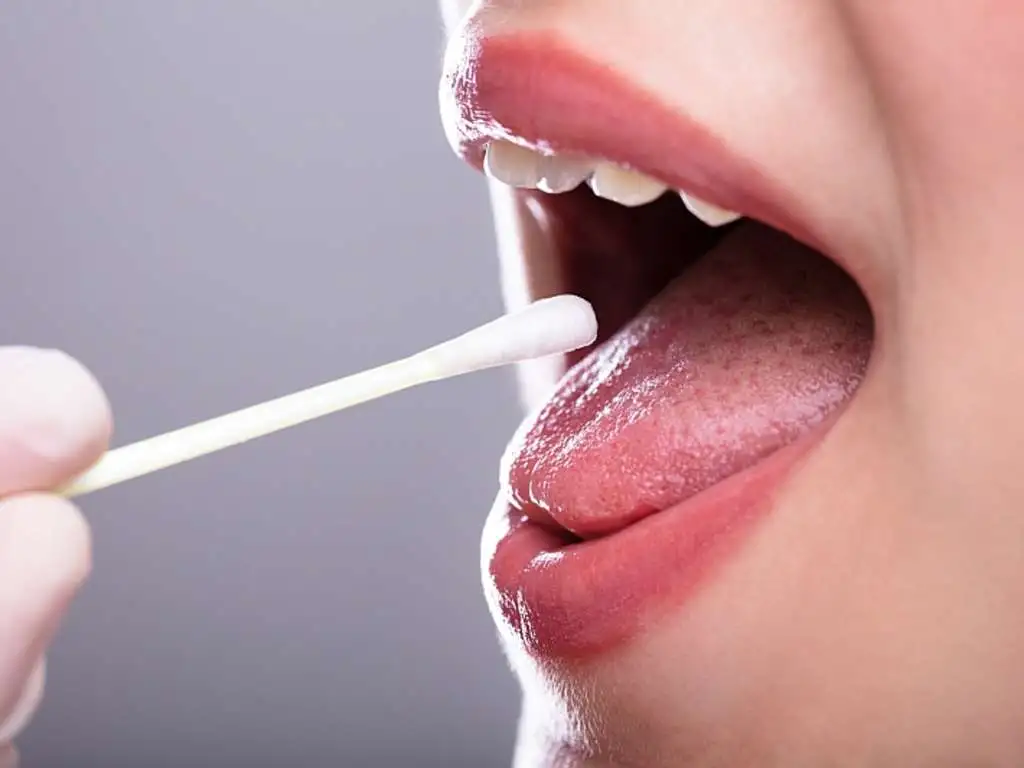
It has been observed in research that a woman’s saliva changes according to the amount of estrogen present in the body. To find out if your saliva is altered, you can use a device called Ovu control. Just put some saliva on your Ovu base and wait for it to dry. Finally, analyze how your saliva is.
How do you know what your fertile days are?
Ovulation Tests
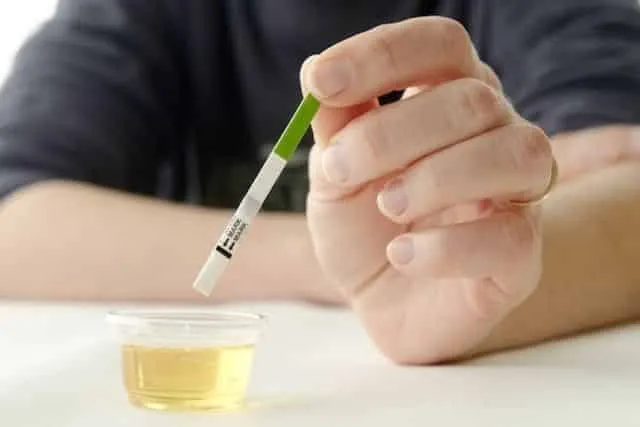
Ovulation tests are available at any pharmacy and, in addition to being super easy to use, they detect the main fertility hormones from a urine sample.
Most tests are 99% accurate in identifying LH surge and can detect up to 6 fertile days, when there is a greater chance of pregnancy.
Calendar method
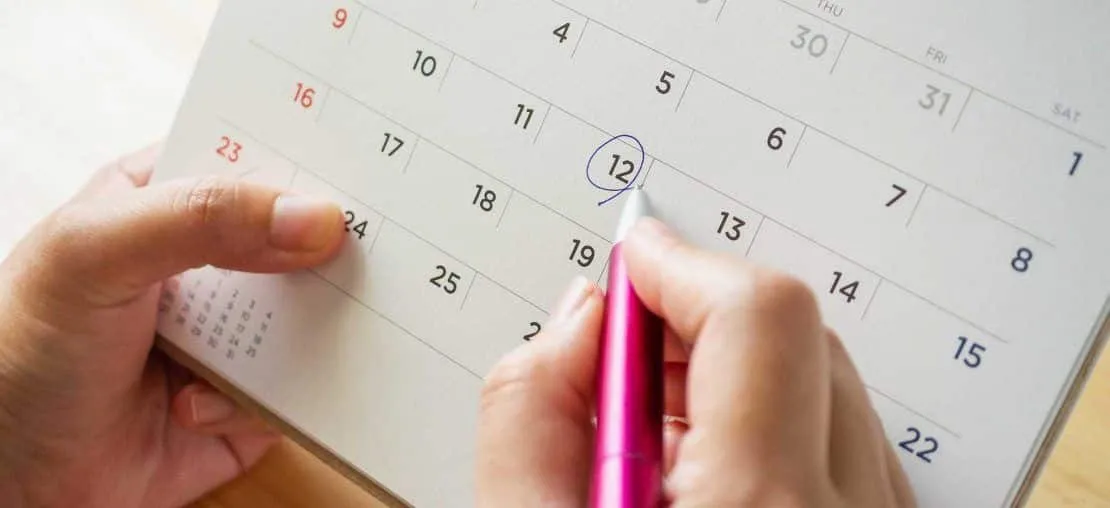
If you have a regular menstrual cycle and know exactly how long it lasts, you may be using the calendar method. This method consists of subtracting 14 days from the total duration of your cycle. The result given is the day of your ovulation.
Although many people who have used this method have already achieved pregnancy or prevented it, it is important to remember that the calendar correctly predicts fertile days only in one third of cycles.
Frequently asked questions

Is it possible to get pregnant outside of the fertile period?
No. For pregnancy to happen, in addition to sexual intercourse, there must be ovulation, therefore women only get pregnant during a fertile period.
What often happens is that the fertile period varies, especially in people with irregular cycles.
What are the fertile days for someone taking contraceptives?
Contraceptives have the function of inhibiting ovulation. Therefore, anyone who uses the medication correctly does not ovulate, that is, they do not get pregnant.
However, women who take the contraceptive irregularly, for example, those who forget to take it or take it at different times, are at a greater risk of becoming pregnant.
Another factor that can reduce the effectiveness of contraceptives is the use of certain medications. Therefore, before starting a new medication, ask your gynecologist for guidance.
Finally, what did you think of this article? In fact, if you are wanting to get pregnant, take the opportunity to also read: Vitamins for getting pregnant – Main supplements for fertility.
Sources: Clear Blue, My Life, Love and Health.
Image sources: Shackles, Unimed, Amor Saúde, Tua Saúde, Paulista, Mães e Mulheres, Nutri Total and Vida Saúde.

Sign up for our newsletter and stay up to date with exclusive news
that can transform your routine!
Warning: Undefined array key "title" in /home/storelat/public_html/wp-content/plugins/link-whisper-premium/templates/frontend/related-posts.php on line 12
Warning: Undefined array key "title_tag" in /home/storelat/public_html/wp-content/plugins/link-whisper-premium/templates/frontend/related-posts.php on line 13

